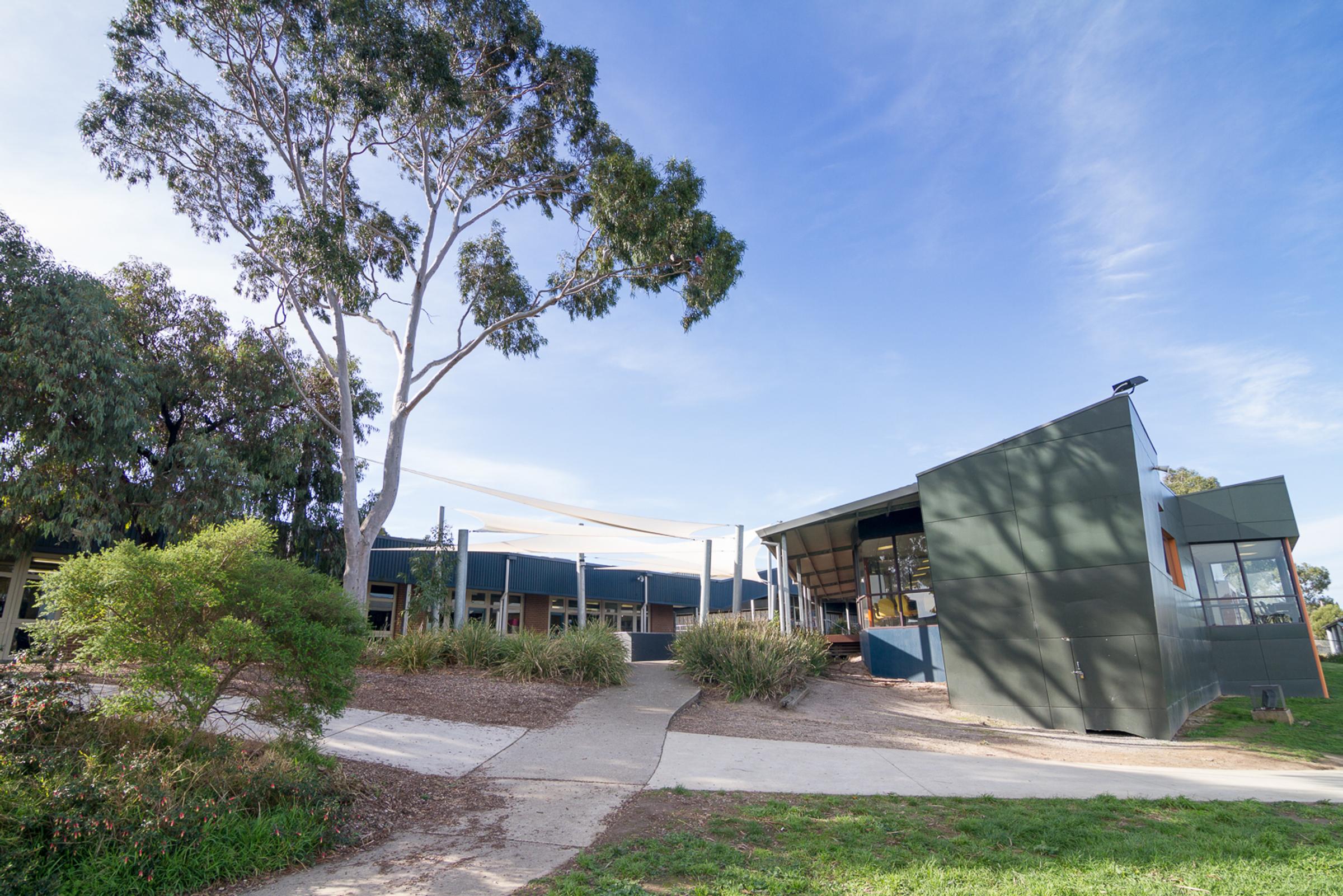
Health Centre News
Hay fever
Hay fever is the common name for a condition called allergic rhinitis, which means an allergy that mainly affects the nose. However, hay fever can also affect your eyes, throat, sinuses and ears. Seasonal hay fever occurs mainly in spring and summer, and affects people allergic to pollens
Signs and symptoms of hay fever
If your child has hay fever, they may have:-
- frequent bouts of sneezing
- a runny nose
- blocked nose (either one or both nostrils)
- itchy ears, nose, throat and roof of the mouth
- red, itchy, swollen and/or watery eyes
- headaches
If hay fever is left untreated it can lead to poor quality sleep, tiredness and daytime sleepiness. In some cases, hay fever can also
- make asthma more difficult to control
- increase the chance of sinus infections
- affect your child's learning and performance
- lead to bad breath, a husky voice and/or a sore throat
- cause more frequent eye infections because children rub itchy eyes
Triggers include
- pollen (from grasses, flowers and trees)
- dust mites
- animal fur or hair (dander)
- mould spores
Treatment for hay fever
Hay fever cannot be cured, but there are a number of ways you can improve the symptoms and give your child some relief.
The best way to reduce the frequency of your child's hay fever is to identify what causes your child's allergic reaction and then try to avoid contact with it, or at least minimise contact.
If your child is allergic to pollen, checking the pollen count for your region can help you be aware when your child's hay fever might be worse.
Your doctor may suggest using medication to help relieve your child's symptoms, such as:-
- non-drowsy antihistamines
- steroid nasal sprays, which may be useful for older children
Key points to remember
Hay fever is an allergic reaction that mainly affects the nose.
- It is most common in spring and summer, but can occur all year round
- Avoiding triggers is the best way to reduce the frequency of hay fever symptoms
- Medications may help relieve symptoms
Medication
We do not supply medication to students at school. If your student will need hay fever medication you are required to supply it for us to administer.
If you require more information, refer to The Royal Children's Hospital Melbourne fact sheet link below
Rose Howarth and Katrina Moore
Health Centre
